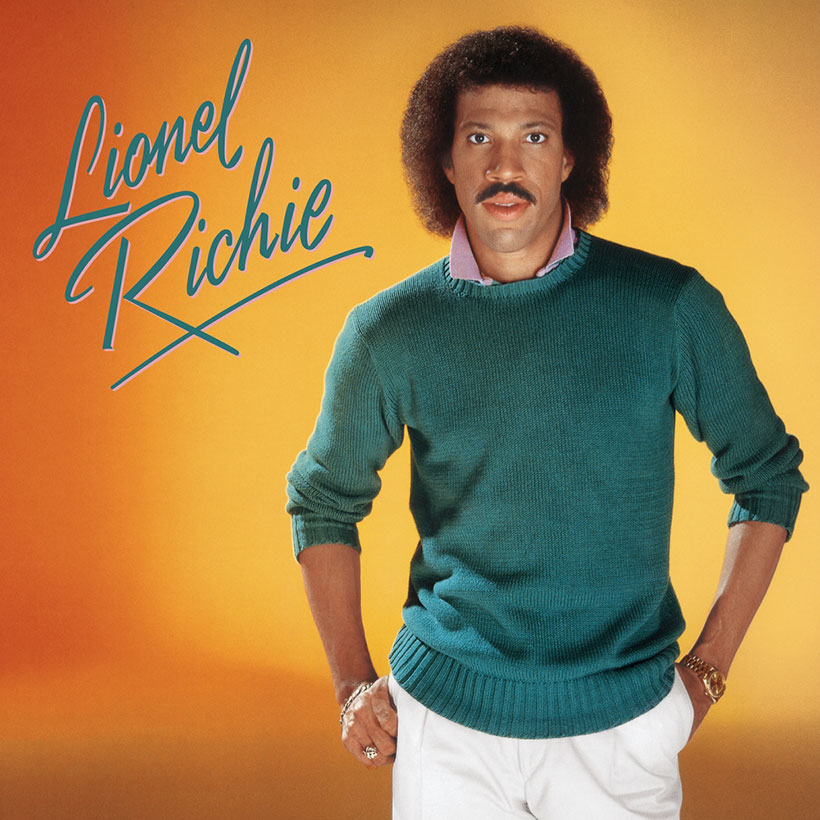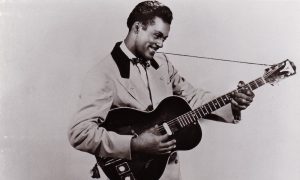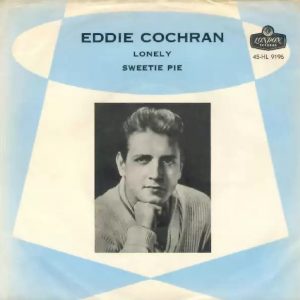Lionel Richie was still a Commodore when he released his first, self-titled album on October 6, 1982. But such was its immense success that there was no turning back. Four million sales in the US alone sent a very clear message that his fans wanted Lionel solo.
The record was introduced by the ballad “Truly,” which entered the US charts in the week of the album’s release. It was an instant winner, and went on to spend two weeks atop the Hot 100 and four at the Adult Contemporary peak. “Truly” would also have been an R&B No.1 if it hadn’t been for the domination of “Sexual Healing,” by Richie’s erstwhile Motown labelmate Marvin Gaye.
Further hits emerged from Lionel Richie in the form of “You Are” and “My Love” to keep the album buoyant on the charts in America and around the world well into 1983 and beyond. It peaked at No.3 in the US, a position it held for no fewer than seven weeks, and racked up a total of 140 weeks on the bestsellers.
Listen to the best of Lionel Richie on Apple Music and Spotify.
The album was also a Top 10 success in the UK, despite a surprisingly slow start. It entered the chart at a mere No.79, climbing to No.22 and hesitantly reaching No.18 in its first flush of sales. But as Lionel’s singles success built, the album bounced back to No.9 in March, 1983 and progressed to a total of 51 weeks in the Top 75, and 86 in the Top 100.
Beyond the statistics, there were some fascinating and unusual guest appearances on the album. Joe Walsh contributed the guitar solo to “Wandering Stranger,” while there was an appearance by emerging British synthesizer notable Thomas Dolby. The cast of backing vocalists, meanwhile, ranged from Kenny Rogers and a pre-fame Richard Marx to tennis ace Jimmy Connors. Richie had served a smash.
Buy or stream Lionel Richie.




